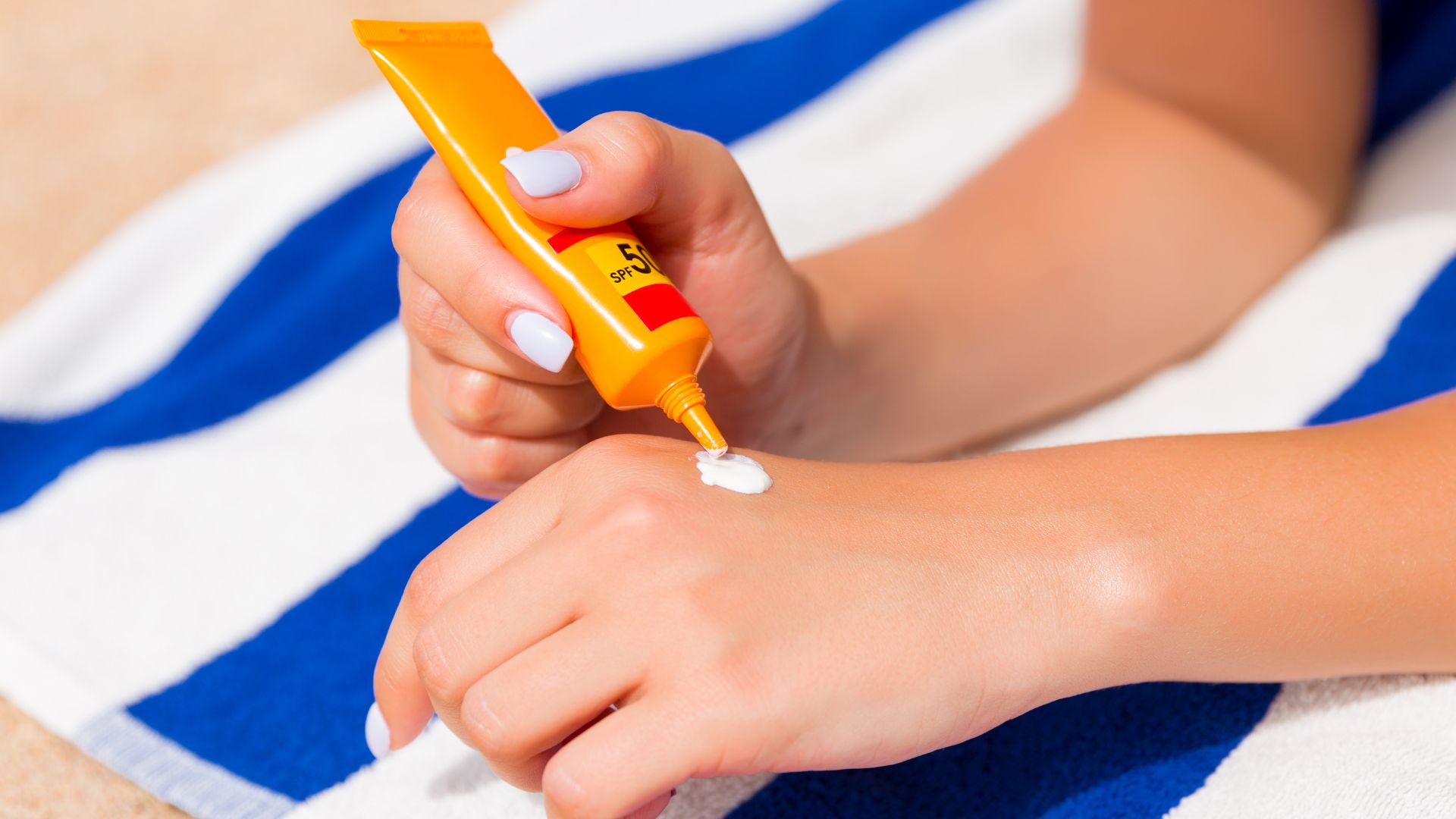In the Philippines, sunscreen has evolved from a niche product used primarily for beach trips or outdoor activities into a daily skincare essential. With the country’s tropical climate and year-round sun exposure, Filipinos have long been aware of the need for sun protection.
However, it wasn’t until the growing impact of beauty influencers that sunscreen became a non-negotiable part of daily skincare routines. While Many Filipinos were aware of the sun’s damaging effects, sunscreen often took a backseat in everyday skincare regimens. The perception was that it was only necessary for long periods of sun exposure, not as part of daily self care.
Enter beauty influencers, whose platforms became a key space for education and product recommendations. These influencers, armed with large followings, began pushing the message that sunscreens should be used daily, regardless of whether one is spending the day at the beach or simply commuting under the sun.
Their advocacy for UV protection has helped shift sunscreen’s role from occasional use to everyday necessity, educating the public on the importance of defending against harmful rays that contribute to premature aging, dark spots, and other skin concerns.
The Fine Line Between Education and Promotion

The role of influencers in the beauty industry has always been a double-edged sword. On one hand, influencers have significantly contributed to the education of Filipino consumers about skincare, particularly sun protection.
In 2022, a study focusing on Filipino skincare product users aged 18 to 25 revealed that social media is frequently utilized to gather information about skincare products. This underscores the effectiveness of social media as a marketing channel, with influencers serving as sources of such information.
Relatively, many content creators have consistently produced online reviews, short form videos promoting a variety of sunscreen products offering a wide range of formulaic ingredients, all of which aim to protect against UV rays.
On the other hand, the blend of education and promotion can become problematic when the quality of the product falls short. This becomes particularly evident when an influencer with a strong reputation in the market launches their own product line – only for some if not most of the product’s performance to not align with the high expectations set by its promotion.
When influencers promote products they’ve developed themselves, they carry an added responsibility. They aren’t just promoting a brand – they are positioning themselves at the face of that product.
An example of this case-to-case basis situation is the recently trending sunscreen product of popular Filipino vlogger and entrepreneur Viy Cortez. With a massive build on her relatable and engaging content, her brand quickly gained traction, with fans eager to try products she personally vouched for and now produced.
However, this level of influence comes with heightened accountability as following the launch of her sunscreen product, mixed reviews and reactions were shared and exposed online due to the sunscreen’s inconsistent formula; to which the vlogger eventually explained that there was an issue with her manufacturer.
In this case, the personal connection can make it harder for consumers to separate the influencer’s credibility from the quality of the product they are selling. When the product fails to meet consumer expectations, it can lead to a breakdown of trust, not only with that specific product but with the influencer’s broader recommendations as well.
The Role of Transparency and Choices

As the beauty industry evolves there is a pressing need for greater transparency and accountability from both influencers and brands. Consumers must look beyond aesthetics and viral trends, focusing instead on formulation, ingredient integrity, and dermatological testing.
For influencers, this shift necessitates a more responsible approach to content creation—one that prioritizes audience well-being over profit. With significant power to shape beauty standards and other social constructs, influencers must ensure that their recommendations are grounded in honesty and ethical practices.
Filipino consumer’s trust in influencers is further emphasized by the preference for their content over traditional brand communications. A study by Kadence International in 2024 revealed that at least 70% of Filipino online consumers have purchased a product based on an influencer’s recommendation.
The impact is particularly notable among Gen Z Filipins which indicates that this demographic actively seeks out reviews from influencers before making purchase decisions and feels more confident buying products based on what is trending or widely circulating online.
By fostering a culture of informed decision-making, the beauty community can ensure that essential products, like sunscreen, genuinely serve the needs of the consumer. Ultimately, it’s about holding both influencers and brands accountable to the standard of care and truthfulness their audience deserves.







